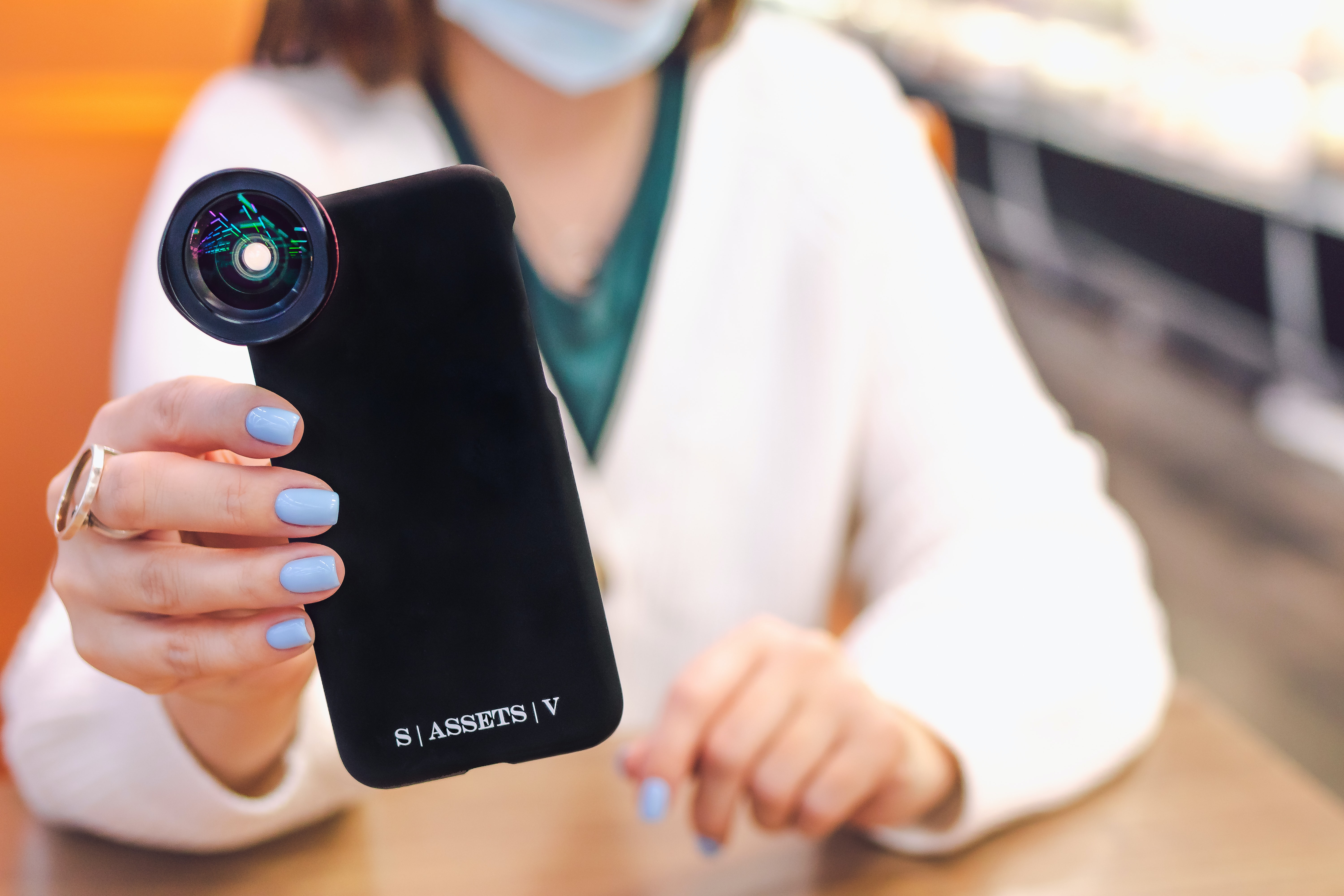New Jersey hopes to reduce overdose fatalities with readily available monitoring of patient’s medical histories.
New Jersey plans to spend more than $1.2 million in federal Medicaid funding to expand a software service which allows medical practitioners to access patients’ opioid prescription history, monitor how much they’re getting and when they’re getting it, according to a statement from the Attorney General’s Office. “The state Division of Consumer Affairs runs the prescription monitoring program, which collects information from pharmacies on opioid prescriptions and creates a patient record for health care providers,” it reads. Officials hope having instant access to medical history will help curtail the crippling opioid epidemic, which has only gotten worse amid the coronavirus pandemic.
New Jersey currently maintains a prescription monitoring program, but this requires most doctors to log in, enter their patient’s information and search the system. “Attaching prescription histories to the files doctors already pull up during visits would speed the review and give health care professionals a chance to step in if they see signs of substance abuse,” the statement said.
“We are providing hospitals, pharmacies, and other health care providers statewide with enhanced access to a powerful tool to prevent drug addictions from the outset, and intervene before a fatal overdose occurs,” Attorney General Gurbir Grewal added. This way, problematic use can be flagged and a high-risk patient can have a discussion with their doctor.

In May of this year, Grewal announced prescribers must issue naloxone, also known by its brand name, Narcan, to those patients who routinely take high doses of opioids or who are combining opioids with benzodiazepines. Angelo Valente, executive director for the Partnership for a Drug-Free New Jersey, said of the new monitoring effort, “It’s a step in the right direction to identify individuals who may be doctor-shopping, which is a major concern. But also, if a medical professional sees a patient is on multiple opioids, they might be able to help identify a substance abuse disorder and get them help.”
“The goal is to improve prescribing practices, cut the risk of patient abuse or fraud and help end the opioid epidemic that claimed more than 3,000 New Jerseyans’ lives last year,” Grewal explained.
Currently, New Jersey law requires prescribers to review a patient’s history only periodically, like first time they prescribe an opioid. “Searching for the data also takes time and creates an unnecessary disruption for health care workers trying to see many patients each day,” the statement said. Roughly 175 pharmacies and health care facilities already have access to the database, which “contains records of more than 111 million prescriptions in New Jersey.” The goal is to integrate 90% of the state’s providers into the system by the end of 2020.
Patient records will be kept more up-to-date and providers will have more detailed access to their medical histories with the search process will be much less cumbersome. “Our goal is for [prescription monitoring program] checks to become a routine component of health care, like checking a patient’s weight and blood pressure,” said Sharon M. Joyce, director of the office of the New Jersey Coordinator for Addiction Responses and Enforcement Strategies.
Sources:
New Jersey tries to end doctor-shopping for opioid prescriptions
New Jersey Receives $7.1 Million Federal Grant to Address Overdose Epidemic


Join the conversation!